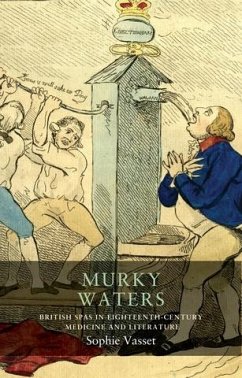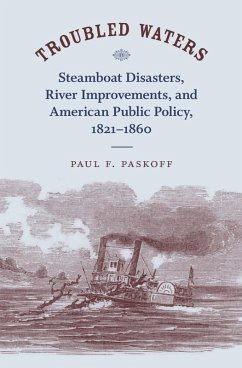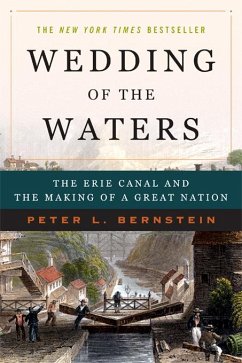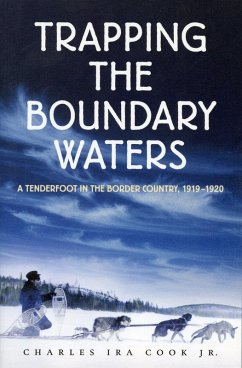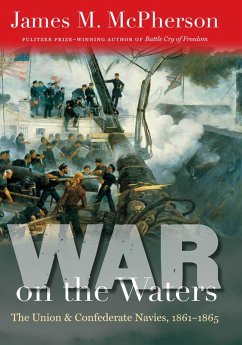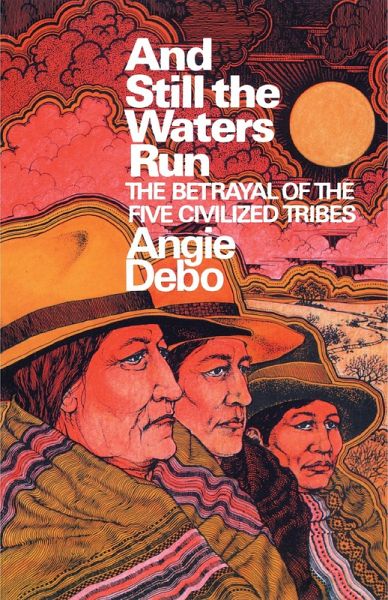
And Still the Waters Run (eBook, ePUB)
The Betrayal of the Five Civilized Tribes

PAYBACK Punkte
11 °P sammeln!
The classic book that exposed the scandal of the dispossession of native land by American settlers And Still the Waters Run tells the tragic story of the liquidation of the independent Indian republics of the Choctaws, Chickasaws, Cherokees, Creeks, and Seminoles, known as the Five Civilized Tribes. At the beginning of the twentieth century, about seventy thousand of these Indians owned the eastern half of the area that is now the state of Oklahoma, a territory immensely wealthy in farmland, forest, coal mines, and untapped oil pools. Farmers, cattlemen, and coal diggers held their land in com...
The classic book that exposed the scandal of the dispossession of native land by American settlers And Still the Waters Run tells the tragic story of the liquidation of the independent Indian republics of the Choctaws, Chickasaws, Cherokees, Creeks, and Seminoles, known as the Five Civilized Tribes. At the beginning of the twentieth century, about seventy thousand of these Indians owned the eastern half of the area that is now the state of Oklahoma, a territory immensely wealthy in farmland, forest, coal mines, and untapped oil pools. Farmers, cattlemen, and coal diggers held their land in common and maintained their own legislative bodies and educational and judicial systems. Their political and economic status in the area was guaranteed by treaties and patents from the federal government. But white people began to settle among them, and by 1890 these immigrants were overwhelmingly in the majority. Congress therefore abrogated treaties that it had promised would last "as long as the waters run," and when Oklahoma was admitted to the Union in 1907, the Indians received what Angie Debo calls the "perilous gift of American citizenship." This book-which Oliver La Farge labeled a "work of art"-documents the orgy of exploitation that followed. Within a generation, the Indians were virtually stripped of their holdings, and were rescued from starvation only through public charity. Discovery of oil only intensified the struggle, and "grafting off the Indians" attained the status of a major industry.




